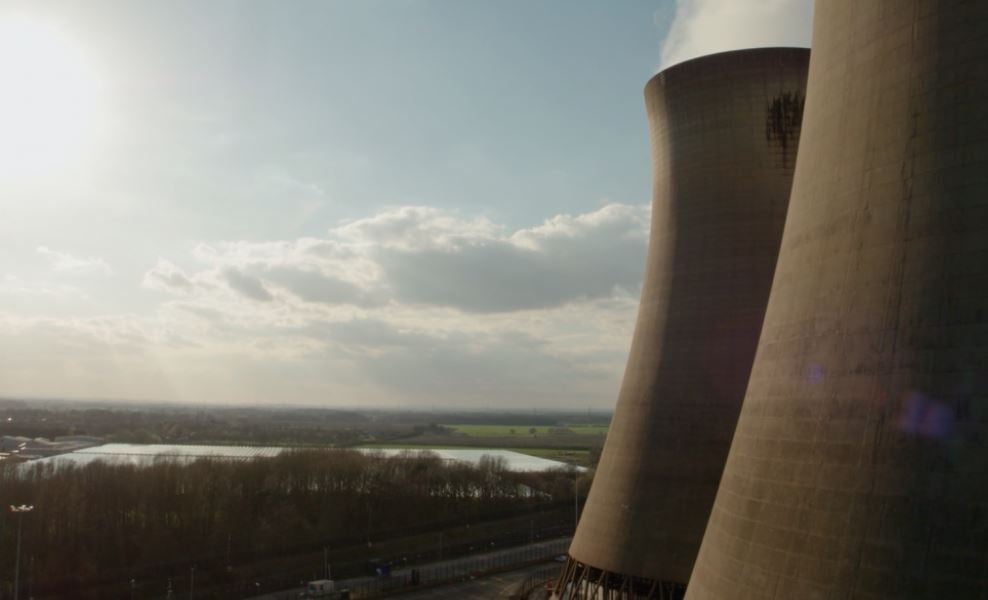
UK energy regulator Ofgem has launched a formal investigation into the sustainability credentials of power generation company Drax.
The regulator will assess whether the company’s wood-burning power plant is eligible for its renewable energy subsidy scheme.
The biomass burnt at the Yorkshire-based plant is in the form of wood pellets, 80% of which are imported from the US and Canada.
Ofgem began examining the power plant last year before announcing an escalation to a formal investigation on 31 May.
Drax has been accused of logging old, slow-growing trees to fuel its energy production, rather than sticking to the rapidly growing species typically used.
Following Ofgem’s announcement, the company saw its share price on the London Stock Exchange fall by 6% to 553p on Wednesday.
In a statement, Ofgem said that it will investigate whether Drax “is in breach of annual profiling reporting requirements relating to the Renewables Obligations scheme and other related matters”.
The way in which the company reports its sustainability credentials will impact its access to subsidies.
The regulator added: “The opening of this investigation does not imply that we have made any findings about possible non-compliance by Drax Power Limited.”
Drax has issued a statement in which it outlines that it is “confident in the compliance of its biomass with the Renewables Obligation criteria”. The company points out that such investigations are regularly conducted by Ofgem into all energy generators.
Drax’s “sustainable biomass”
Drax’s North Yorkshire power plant provides around 12% of the UK’s power. The plant was previously the largest coal-fired power plant in Western Europe but says it has “slashed its CO₂ emissions from power generation by over 90% since 2012” by using biomass as a fuel instead of coal.
Biomass has traditionally been categorised as carbon neutral because the trees that are burnt absorb CO₂ as they grow. However, scepticism over whether it should be deemed sustainable is growing. In 2021, Drax was removed from the S&P Global Clean Energy Index due to doubts over its sustainability credentials.
A documentary by BBC investigative programme Panorama aired in October 2022 accused Drax of greenwashing and serious environmental harm. Drax has received billions in renewable energy subsidies.
According to environmental law charity ClientEarth, biomass can produce more CO₂ emissions than coal if not regulated properly. “Sourcing the fuel for biomass has been linked to deforestation, degrading the natural carbon sinks we need for a safe climate”.
Drax has argued that applying carbon capture and storage technologies to biomass-fired energy production is vital to get the world to net zero greenhouse gas emissions.



